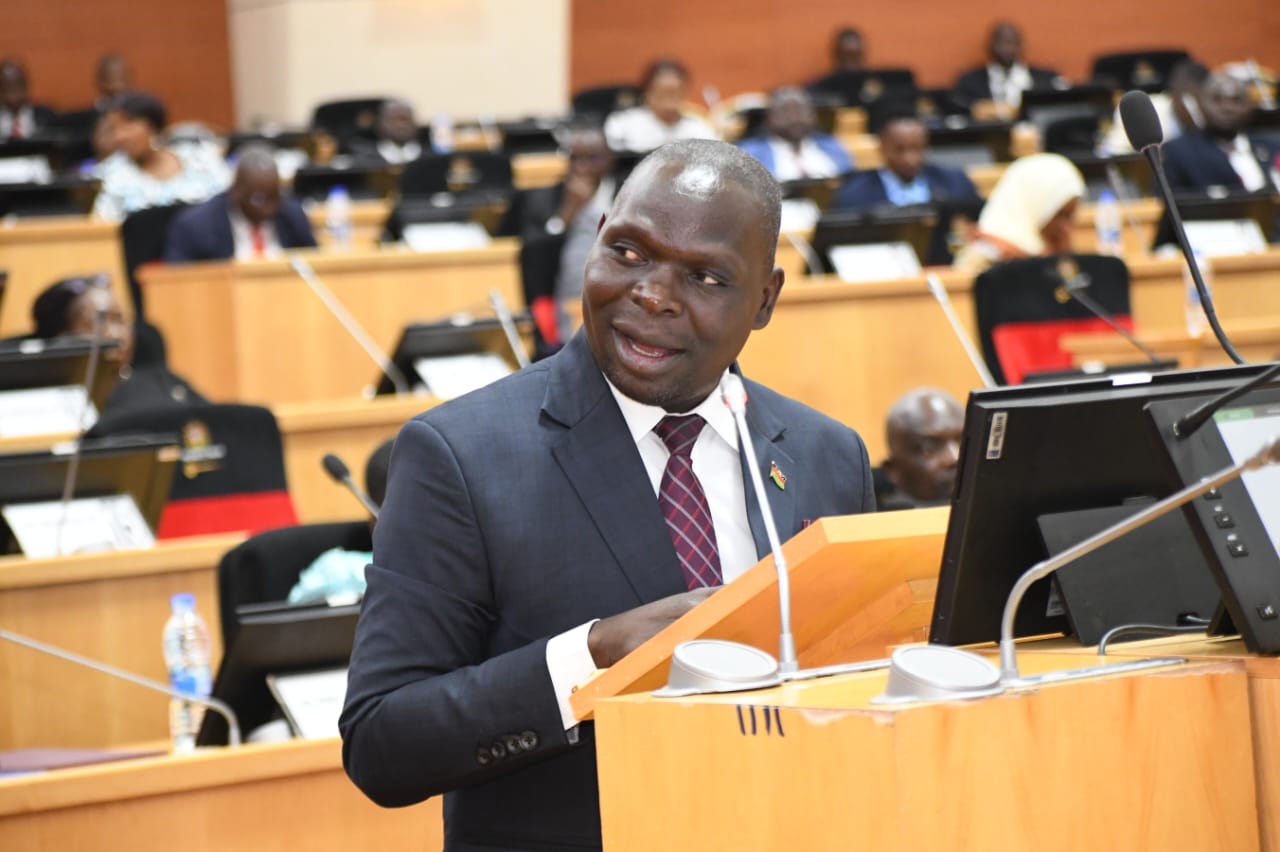Copyright nyasatimes

When Leader of the Opposition Simplex Chithyola Banda accused the government of having struck a deal with the IMF that would impose harsh measures on Malawians — including devaluation and a freeze on youth employment — the Speaker of Parliament, Sameer Suleman, and Finance Minister Joseph Mwanamvekha rushed to demand proof. The Speaker ordered Chithyola to produce evidence by the next afternoon, while the Finance Minister dismissed the remarks as alarmist and untrue. But today, as events unfold, there is one clear answer and several uncomfortable questions. Chithyola’s broad charge that the administration was preparing to implement IMF-style painful measures may have sounded politically explosive at the time, yet government’s subsequent actions appear to have validated at least part of his warning. The government has now issued a public circular — signed by Chief Secretary to the Government Dr. Justin Adack Saidi on November 6, 2025 — instituting sweeping expenditure control measures. Among them is an immediate suspension of all recruitments, including non-established posts, with only limited exceptions for essential services. This is precisely the kind of policy Chithyola predicted when he warned of an impending employment freeze that would disproportionately affect the youth. The circular is not a rumour; it is an official directive carrying full administrative authority. In Parliament, the ruling party and the Finance Minister strongly challenged Chithyola’s remarks, demanding evidence and portraying his statement as baseless. Yet outside Parliament, the same government was quietly enacting austerity measures reminiscent of IMF conditionalities: a moratorium on vehicle purchases, 30 percent cuts in fuel entitlements for ministers and senior officials, staff reductions in embassies, payroll verification directives, and restrictions on travel and meetings. This contradiction is striking. Publicly, officials denied any link between the government’s policies and an IMF programme. Privately, they signed a document implementing precisely the kind of fiscal tightening Chithyola described. Asking the opposition leader for proof while issuing such a circular looks less like a search for truth and more like an attempt to manage political optics. Whether these measures were demanded by the IMF or initiated domestically may matter politically, but the real issue lies in their effect on ordinary Malawians. A recruitment freeze in a country already struggling with high youth unemployment closes one of the few formal employment avenues available to graduates and school leavers. The economic implications are severe, and the social cost will be even higher. The circular lays it all bare. It confirms the suspension of recruitments, the moratorium on vehicle procurement, and a 30 percent reduction in fuel entitlements for senior officials. It directs embassies to cut staff to a maximum of five, mandates payroll audits, and introduces tighter spending controls across ministries and state enterprises. These are not suggestions; they are binding expenditure control measures meant to last through the 2025/26 financial year. So, was Chithyola right? In part, yes. He warned about the looming freeze on youth employment, and that has now been confirmed by government action. But his larger allegation — that there was a signed IMF agreement explicitly mandating devaluation and these measures — remains unproven, as no official document or agreement has been released to support that claim. Still, the government’s silence and actions speak volumes. This moment raises serious issues about transparency and democratic accountability. If austerity was unavoidable, citizens deserve a clear and honest explanation. The government owes Malawians a public account of what prompted these drastic measures: whether it was an IMF condition, a donor requirement, or a domestic decision. Simply denying the existence of an IMF deal while enforcing austerity from the top down only breeds mistrust. Malawi’s youth, who have borne the brunt of unemployment and economic stagnation, deserve better than secret policy reversals and half-truths. If there is indeed an IMF agreement, it should be published. If there isn’t, then government must explain why it chose to implement austerity without clear justification. Parliament, through the Speaker, must demand that the Finance Minister table all documents that informed the circular — including any correspondence with the IMF, World Bank, or other partners — so that the nation knows the full picture. Until then, the events unfolding suggest that Chithyola’s political instincts were not far off. The government’s denials now look hollow against the backdrop of its own official memo. Whether or not there is a signed IMF deal, the measures themselves echo the painful austerity that comes with such agreements. The verdict is therefore mixed: Chithyola is partly vindicated — and the government is fully exposed. In the end, this is not about political point-scoring but about truth and accountability. The public has a right to know whether those who govern have quietly traded away jobs and livelihoods in the name of fiscal discipline. Until the government opens its books and explains the true origin of these measures, the perception will remain that the Leader of the Opposition was right all along — and that the administration’s denials were simply an act of damage control.



